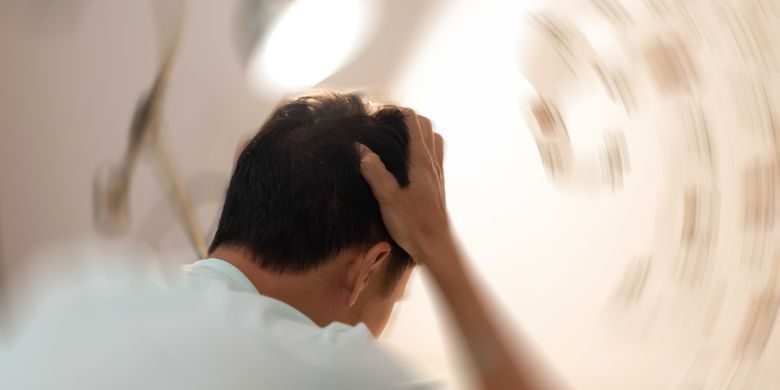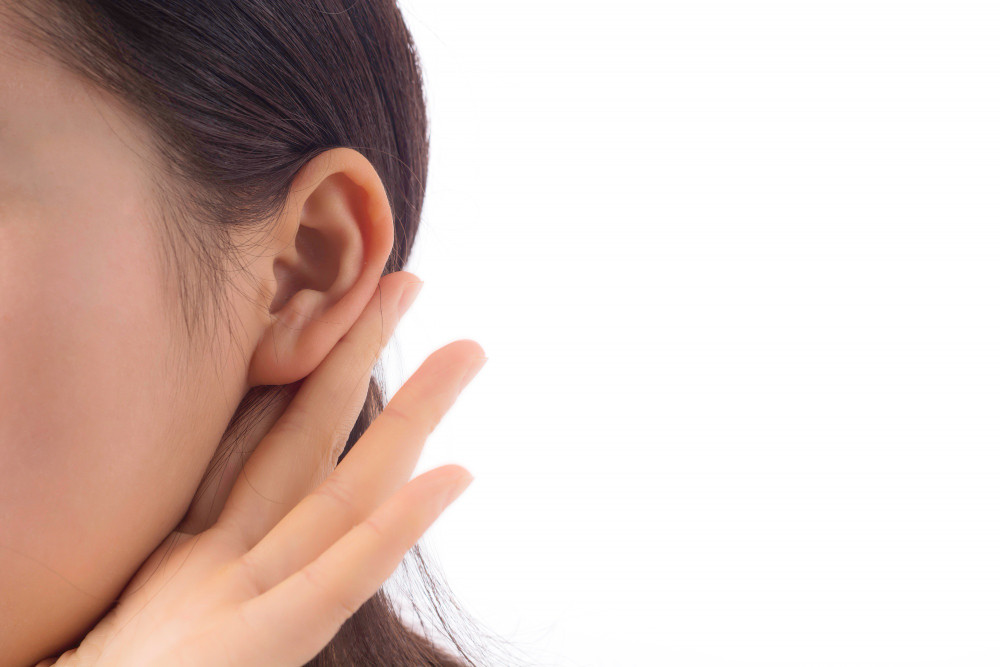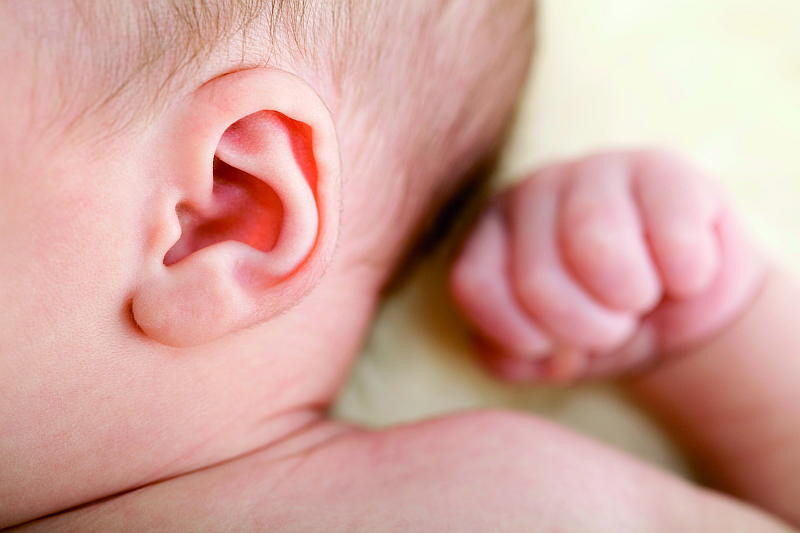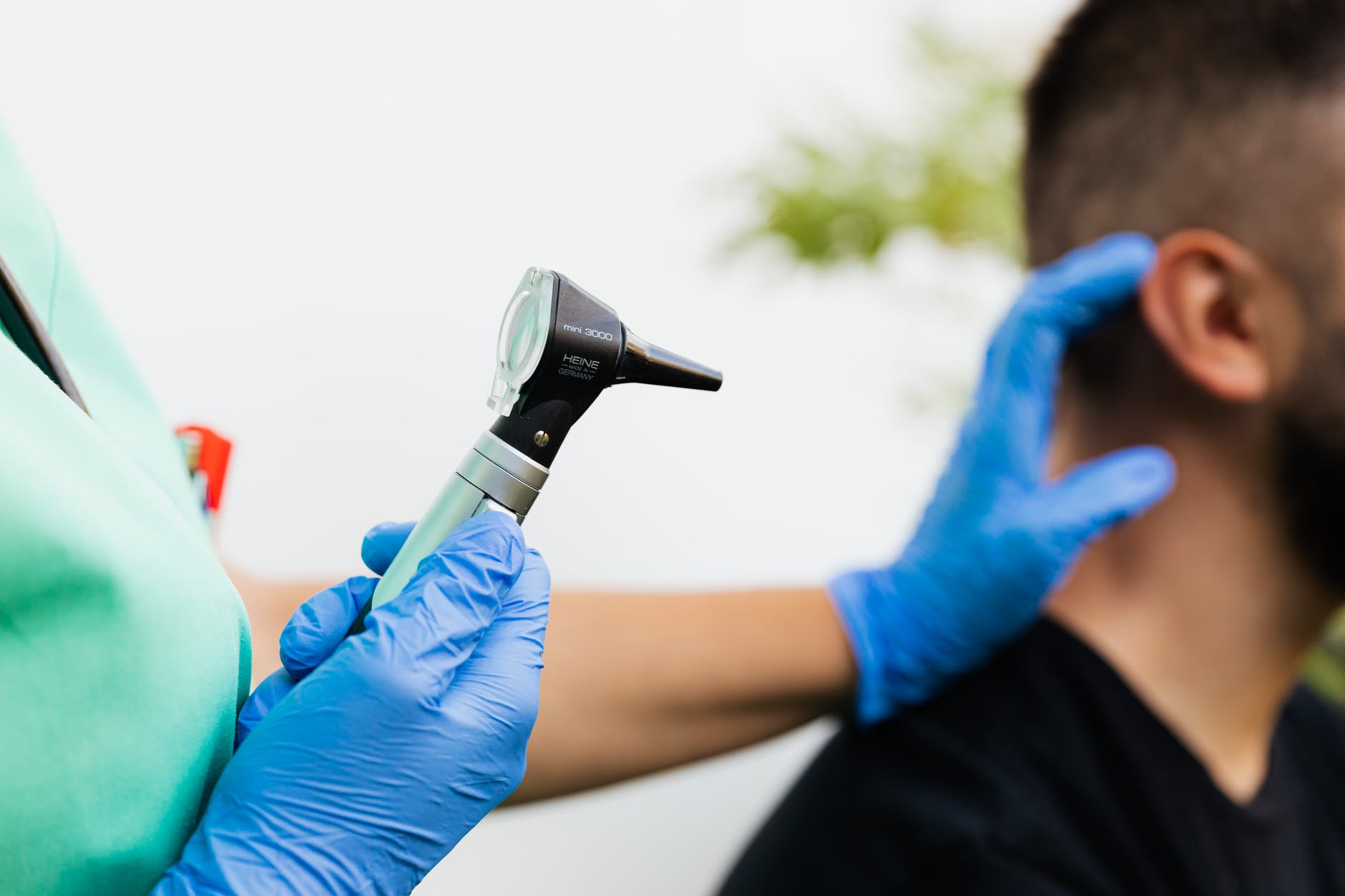Definition
Presbycusis is the gradual loss of a person's ability to hear in both ears. This condition is typically related to aging. As people age, the structure and function of their hearing system will change. About 1 in 3 seniors over 65 years old experience this condition, and it is predicted that half of all seniors over 75 will experience hearing loss.
The human ear consists of three parts: the outer ear, middle ear, and inner ear. Sound vibrations enter the outer ear, pass through the middle ear and auditory ossicles, and are transmitted to the inner ear. In the inner ear, vibrations are captured and pass through the cochlea, where thousands of tiny hair cells in it will help convert sound vibrations into electrical signals. These signals are then transmitted to the brain and interpreted as sounds.
People with presbycusis often do not realize they have it because the decline in hearing ability occurs slowly. Typically, they will experience a decreased ability to hear loud, high-pitched sounds, such as the ringing volume of a telephone. In contrast, the ability to hear low-pitched sounds is usually not affected. Presbycusis affects various components of the sense of hearing
Causes
Presbycusis is caused by multiple factors:
Presbycusis is a disease caused by many factors. Apart from aging, this condition is also caused by genetics, hormones, exposure to loud noises and toxic substances in the ears, and a history of prior ear infections.
Aging Factor
Over time, changes will occur in the structure and function of a person's hearing.
Genetic Factors
This factor involves the expression of genetic material related to oxidative stress, an imbalance of free radicals in the body with the body's ability to repair the damage. Oxidative stress is found in presbycusis patients.
Toxic Substances to the Ears
Examples of harmful medications to ears include:
- Salicylates
- Diuretic drugs used to increase urine excretion
- Aminoglycoside antibiotics
- Some cancer chemotherapy substances
In addition to the medications mentioned above, environmental exposure to substances found in the workplace, such as toluene, styrene, carbon monoxide, and mercury, can also cause presbycusis.
Exposure to Loud Sounds
Hearing loud and noisy sounds for a long time at a young age can predispose someone to more severe presbycusis.
Hormonal Factors
The use of birth control drugs containing progestin and hormone replacement therapy in postmenopausal women is known to increase the incidence of presbycusis.
Risk factor
Several factors increase the risk of experiencing presbycusis in old age. These include:
- Family history of presbycusis
- Long-term exposure to loud noises and harmful substances to the ears
- Use of medicines that can affect hormones, such as progestin
- High blood pressure or diabetes
- History of meningitis or infection of meninges (the membrane lining the brain and spinal cord), which in severe cases can cause damage to the cochlear hair cells or nerve fibers
- Consumption of drugs that are harmful to the ears
- Stress
Symptoms
The main symptom of presbycusis is hearing loss that worsens with age. This disorder causes the patients to have hearing difficulty. Symptoms can vary but commonly include:
- Difficulty in hearing high-pitched sounds and understanding rapidly spoken words
- The increased need of reading lip movements to understand what is being said
- Increasing the volume of the TV or cellphone
- Difficulty understanding speech in crowded or noisy places, such as restaurants or markets
- Tinnitus, hearing buzzing, ringing, or chirping sounds in one or both ears
- Withdrawing from social situations
Diagnosis
Medical Interview
The doctor will ask about any symptoms of hearing impairment and may also ask a family member or close person accompanying the patient about the patient's hearing issues and habits indicating hearing impairment.
Ear Examination
The doctor will examine the ears to look for possible causes of hearing issues, such as earwax buildup or eardrum inflammation. This examination is performed with a headlamp or otoscope, a special device equipped with a magnifying glass and light. The doctor will also look for possible structural abnormalities in the ear.
Additionally, the doctor may use a tuning fork as an initial screening in examining the ear to determine if there is hearing loss. This test differentiates the type of hearing loss, whether due to sound conduction issues in the outer or middle ear (conductive hearing loss) or problems in the inner ear or auditory nerve (sensorineural hearing loss).
Diagnostic Tests
The doctor may recommend an audiometry examination. During this test, the patient wears earphones and hears sounds and words played in each ear. The sounds are repeated to find the faintest sound the patient can hear.
Management
Management of presbycusis is tailored to the suspected cause of the condition and severity of presbycusis. Several therapeutic options include:
- Removing ear wax that block the ear canal
- Using hearing aids
- Surgical procedures could be needed in some cases, for example, it could be recommended to treat issues with the auditory bones or recurrent infections in the eardrum
- Cochlear implants, but this option is only performed to treat severe hearing loss when hearing aids are ineffective.
Complications
Presbycusis can significantly impact life, particularly for the elderly who may feel isolated due to difficulty in talking and communicating with others. This condition can also lead to depression and is also associated with cognitive decline.
Prevention
Preventing presbycusis involves protecting your ears and being mindful of activities that can damage hearing. Some measures that could be taken include:
Protect Your Ears
Limiting exposure to loud volume and high-intensity sounds to your ears is one of the best ways to prevent presbycusis. In the workplace, use earplugs or earmuffs to help protect your ears.
Routine Hearing Tests
If you are exposed to loud noises in your workplace or surroundings, taking ototoxic medications, or exposed to harmful compounds to the ears, consider having your hearing checked regularly to catch any issues early. The sooner it is identified, the progression of existing hearing loss can be prevented.
Avoid Activities that Expose You to Loud Noises
Some activities, such as hunting, using power tools, or attending rock concerts, can damage hearing over time if exposed continuously. Use ear protection or lower the volume to protect your ears.
When to see a doctor?
Seek medical attention if you experience sudden hearing loss, particularly if it is only in one ear. Consult a doctor if hearing loss interferes with daily activities, as early treatment can positively impact cognitive abilities, including memory.
Looking for more information about other diseases? Click here!
- dr Hanifa Rahma
Medscape.com. (2021, 29 Mei). Presbycusis: Practice Essentials, Pathophysiology, Epidemiology. Diakses pada 9 Maret 2022, dari https://reference.medscape.com/article/855989-overview
Clevelandclinic.org. (2021, 7 Juni). Age-Related Hearing Loss (Presbycusis): Symptoms, Causes & Treatment. Diakses pada 9 Maret 2022, dari https://my.clevelandclinic.org/health/articles/5840-age-related-hearing-loss
Hopkinsmedicine.org. Age-Related Hearing Loss (Presbycusis) | Johns Hopkins Medicine. Diakses pada 9 Maret 2022, dari https://www.hopkinsmedicine.org/health/conditions-and-diseases/presbycusis
Cheslock, M., De Jesus, O. Presbycusis. [Updated 2021 Nov 14]. In: StatPearls [Internet]. Treasure Island (FL): StatPearls Publishing; 2022 Jan-. Available from: https://www.ncbi.nlm.nih.gov/books/NBK559220/
Mayoclinic.org. (2021, 16 April). Hearing loss - Symptoms and causes - Mayo Clinic. Diakses pada 9 Maret 2022, dari https://www.mayoclinic.org/diseases-conditions/hearing-loss/symptoms-causes/syc-20373072
Mayoclinic.org. (2021, 16 April). Hearing loss - Diagnosis and treatment - Mayo Clinic. Diakses pada 9 Maret 2022, dari https://www.mayoclinic.org/diseases-conditions/hearing-loss/diagnosis-treatment/drc-20373077












